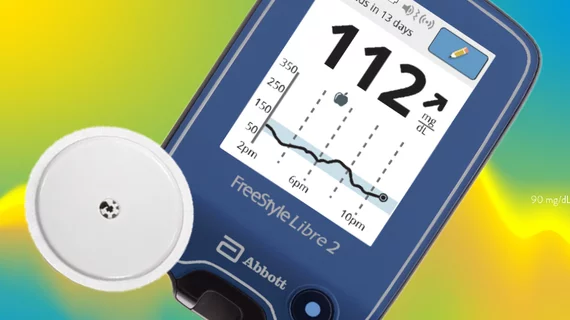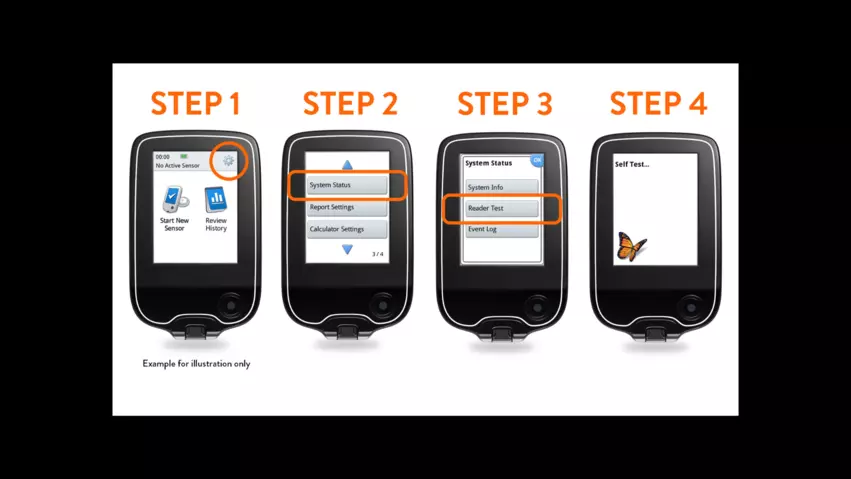Abbott warns that device batteries may overheat or catch fire
Abbott has issued a voluntary medical device correction stating that the lithium-ion batteries found in some of its FreeStyle Libre diabetes monitors may experience severe issues, including swelling, overheating or even catching on fire.
The company’s warning covers its FreeStyle Libre, FreeStyle Libre 14 day and FreeStyle Libre 2 readers. The FreeStyle Libre family of glucose sensors are not impacted in any way.
Abbott did stress that these issues have only been seen in a small percentage of reader batteries. No devices are being recalled at this time.
“Abbott has been notifying customers of this matter since February through a variety of communication methods, including by email and letters,” the company said in a prepared statement. “This communication to customers was done voluntarily, and the U.S. Food and Drug Administration has been informed.”
The company has provided detailed instructions on how to store, charge and use the affected readers on a new website dedicated to these battery issues. One key point for customers to remember is that they should only use the yellow USB cable and power adapters originally provided by Abbott. Following these instructions, the company said, can help mitigate all risks.
Abbott has also provided detailed instructions on how to perform a ‘reader test,’ which can ensure a device is functioning properly. The four-step process is explained here under, “How do I perform a Reader Test?”
“Since FreeStyle Libre Readers launched in the U.S. in 2017, there have been no reported incidents that have caused serious adverse health consequences or death due to this issue,” Abbott noted in its statement.
The company also emphasized that customers and healthcare providers should not stop using these devices. If a user does want to discontinue the use of their FreeStyle Libre reader, they can do so using the FreeStyle LibreLink or FreeStyle Libre 2 app on a compatible Android or iOS smartphone.
Additional information is available here.


